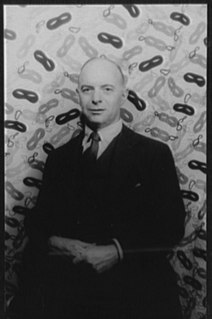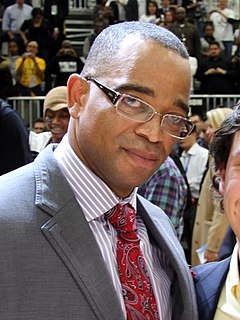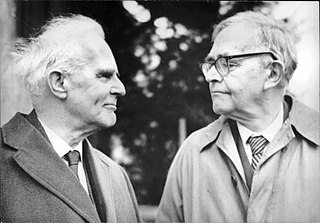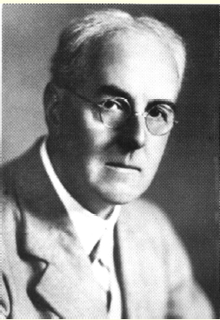A Quote by Bertrand Russell
Perhaps the best hope for the future of mankind is that ways will be found of increasing the scope and intensity of sympathy.
Related Quotes
The majority, being satisfied with the ways of mankind as they now are (for it is they who make them what they are), cannot comprehend why those ways should not be good enough for everybody; and what is more, spontaneity forms no part of the ideal of the majority of moral and social reformers, but is rather looked on with jealousy, as a troublesome and perhaps rebellious obstruction to the general acceptance of what these reformers, in their own judgment, think would be best for mankind.
Extrapolated, technology wants what life wants:
Increasing efficiency
Increasing opportunity
Increasing emergence
Increasing complexity
Increasing diversity
Increasing specialization
Increasing ubiquity
Increasing freedom
Increasing mutualism
Increasing beauty
Increasing sentience
Increasing structure
Increasing evolvability
Art at its best draws attention not only to the way things are but also to the way things will be, when the earth is filled with the knowledge of G-D as the waters cover the sea. That remains a surprising hope, and perhaps it will be the artists who are best at conveying both the hope and the surprise.
The Past is dead, and has no resurrection; but the Future is endowed with such a life, that it lives to us even in anticipation. The Past is, in many things, the foe of mankind; the Future is, in all things, our friend. In the Past is no hope; The Future is both hope and fruition. The Past is the text-book of tyrants; the Future is the Bible of the Free. Those who are solely governed by the Past stand like Lot's wife, crystallized in the act of looking backward, and forever incapable of looking before.
I definitely think the price of food is going up. We need to figure out ways to manage that in a sustainable way. We have to figure out ways of increasing wages so people can afford it. That means redistribution, and rich people don't like to hear that. This administration simply won't hear of it. But without it, I fear even more Americans will be going hungry in the future.
This is the patent-age of new inventions For killing bodies, and for saving souls, All propagated with the best intentions; Sir Humphrey Davy's lantern, by which coals Are safely mined for in the mode he mentions, Tombuctoo travels, voyages to the Poles, Are ways to benefit mankind, as true, Perhaps, as shooting them at Waterloo.



































